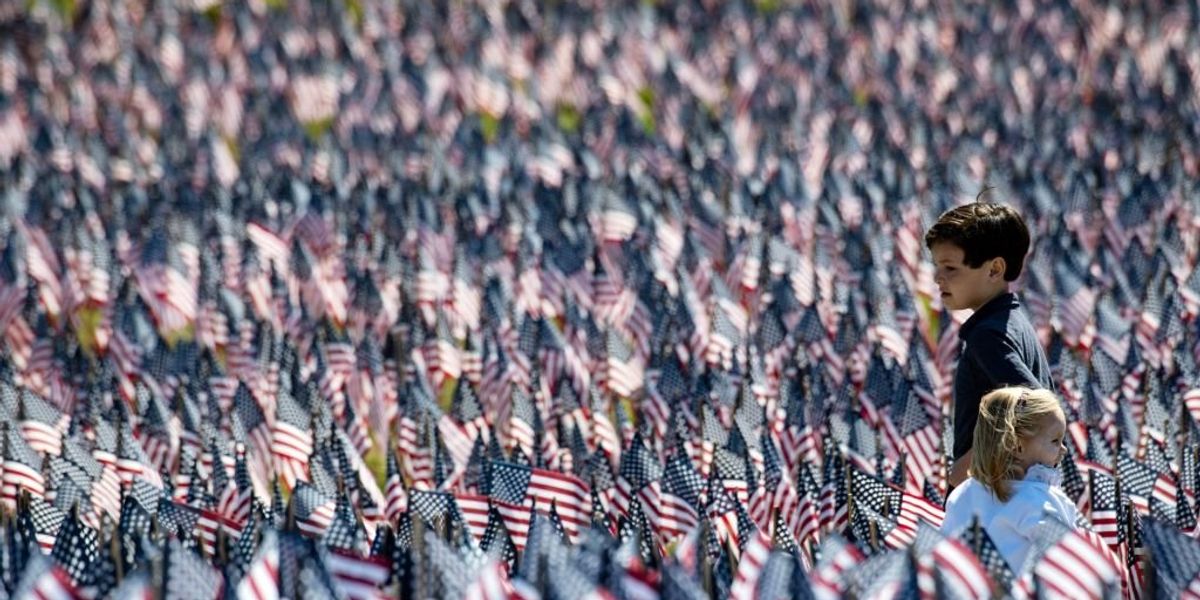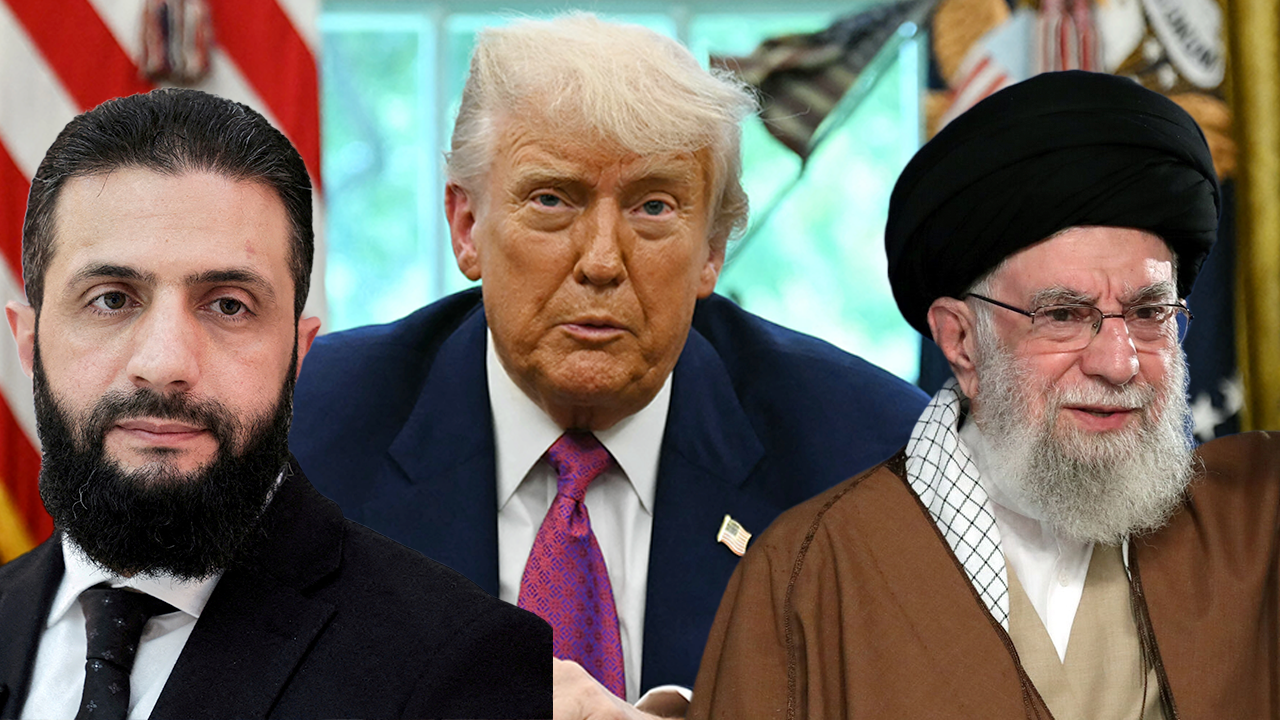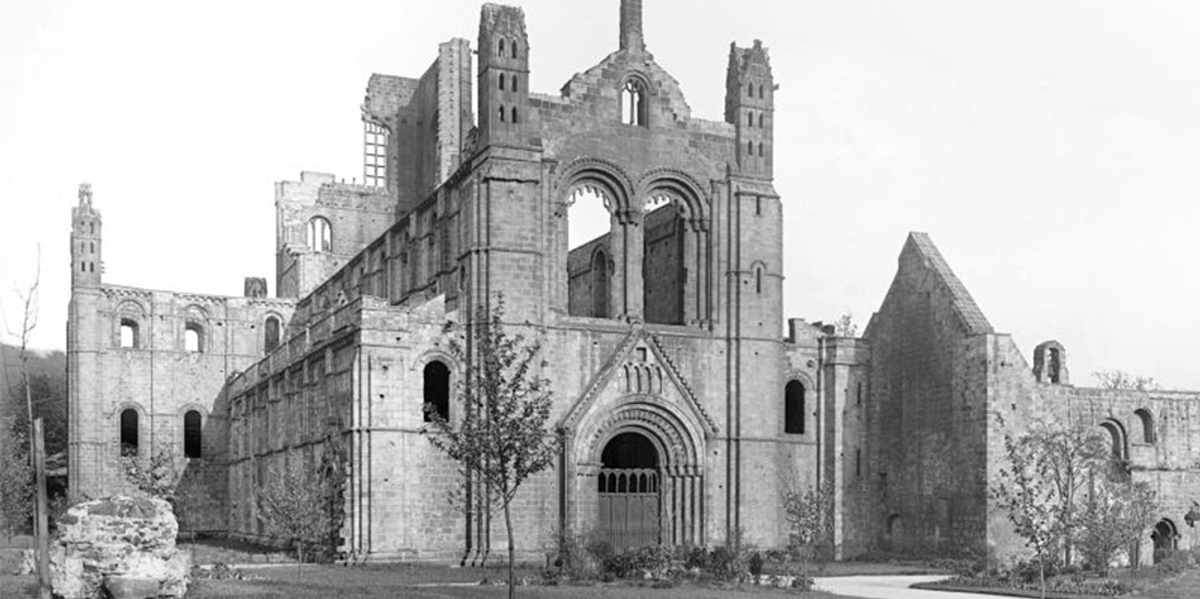My last “beer and hot dogs” Memorial Day was in May 2001. Twenty-four years later, I can barely get through the day.
For the American warfighter who has known the real cost of combat, Memorial Day isn’t limited to a single 24-hour tribute. It echoes every day of the year. The pain never takes a holiday.
It was never supposed to be about burgers and beer. It was always a memorial for the fallen.
It’s more than two decades of wearing bracelets engraved with the names of fallen brothers and sisters. It’s Veterans Day becoming a second Memorial Day as good memories get swallowed by grief.
It’s text threads turning into late-night interventions when a buddy admits he’s thinking about ending his life.
Memorial Day is the culmination of all that — but the meaning has been lost in a culture desperate to “move on” and pretend it never happened.
I don’t blame Americans who fall into that mindset. I used to be one of them. But that doesn’t mean it isn’t a problem.
Casualties of war
Life in America has become easy — too easy. Yes, some struggle more than others. There’s real hardship out there. But compared to the rest of the world, this country has it good. And that comfort has come at a cost: ritual, reflection, and remembrance have all but vanished.
I’ve come to appreciate the role of ritual through my own family. I was raised Protestant and married into a Catholic family. I’ve watched my wife’s family center their lives around ritual in a way that grounds them each Sunday and deepens the meaning of holidays like Christmas and Easter. It’s something I’ve grown to admire.
Ritual gives us a connection to meaning. And every year, in the days leading up to Memorial Day — usually without realizing it — I find myself revisiting a newspaper story headlined “Remembering a hero: A fallen Marine and son.”
You’ve probably seen the photo.
Christian Golczynski accepts the American flag.Photo by U.S. Army
A young boy, Christian Golczynski, accepts the American flag folded over his father’s coffin. The Marine colonel kneels. The boy’s lip quivers. He fights to stay strong for the dad who will never come home.
That photograph wrecks me every time. And it’s become my ritual.
It reminds me not only of those lost in combat but of the staggering sacrifice carried by their families. We all have a connection to this — whether we realize it or not.
Wars at home and abroad
I married my wife on May 19, 2001, just one week before Memorial Day. We rushed the wedding because I was set to deploy in June. We just celebrated our 24th anniversary.
At the time, I had no idea what war would demand of us. As we sailed out that summer with 1st Battalion, 1st Marines, I wasn’t thinking about sacrifice. But I got my first lesson in the weight of it just weeks later.
Two faces woke me up in my bunk — my captain and gunnery sergeant.
“Corporal Buttrill,” they said, “we regret to inform you that your wife just had a miscarriage.”
The war hadn’t begun yet, but my young family was already under fire.
That year nearly destroyed our marriage. Communication was rare. Pre-9/11 Navy life meant scratchy phone calls if you had a calling card and could endure 100 people eavesdropping while you waited your turn. Email was new and unreliable. My stepfather had to coach my wife through using the computer to send me a message.
Then, the planes hit the towers.
I was in Australia at the time, enjoying liberty after joint exercises with the Australian marines. Shore patrol suddenly burst into the bars, rounding up every U.S. Marine and sailor.
Back on deck, our commander laid it out:
“Men … the day of infamy for our fathers and grandfathers was December 7, 1941. Today, September 11, 2001, will be known as our day of infamy.”
We were going to war.
Most of us had enlisted in peacetime. I just wanted to pay off college loans and see the world before settling down. I wasn’t expecting war. But to war we went. Our expeditionary unit became the first conventional ground unit into Afghanistan.
I served with the finest men and women I’ve ever known.
But the toll of that service was immense. Some of it we expected. Much of it we didn’t. Families broke apart. Young marriages crumbled under the pressure. The casualties of war don’t stop at the battlefield.
Find your ritual
My marriage survived. Barely. After flying out of Afghanistan, I sprinted to a phone bank at an Army base in Doha. I called my wife. I didn’t walk back out for three hours. That call cost me $750. But it saved my family. Many weren’t so lucky.
I share this because the sacrifice doesn’t end with the fallen. War claims minds, memories, relationships. It breaks people in ways no headline could ever capture.
When I think about Memorial Day, I reflect on my own experience in the War on Terror. But I also think about the American giants who came before us — those who stormed Normandy, held the line in Korea, braved the jungles of Vietnam. Many never returned. Their families were left behind to rebuild shattered lives.
Some military units carry a motto: So That Others May Live.
Think about that.
This Memorial Day, we remember those who didn’t just live by those words — they proved them.
It was never supposed to be about burgers and beer. It was always a memorial for the fallen.
As I write this, I’m looking at that photo of Christian Golczynski. I see his trembling lip, his clenched jaw, and the weight on his shoulders. And I remember. I remember the friends who didn’t come home. I remember the cost that families still bear.
That’s my ritual. On this Memorial Day, find yours.
Read the full article here







![CSPAN Democrat Caller Rips Her Party For Government Shutdown, Holding Americans Hostage [WATCH] CSPAN Democrat Caller Rips Her Party For Government Shutdown, Holding Americans Hostage [WATCH]](https://www.lifezette.com/wp-content/uploads/2025/10/2025.10.01-10.40-lifezette-68dd0532b442f.jpg)




